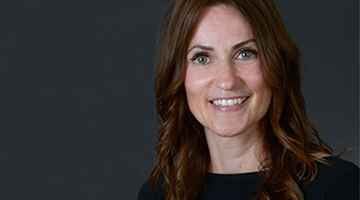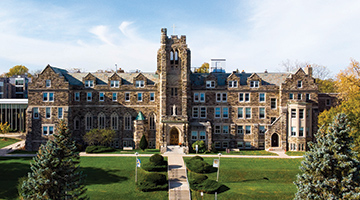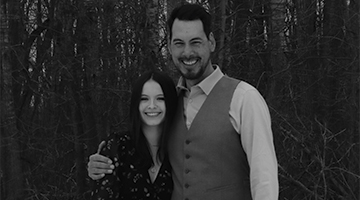
Our thoughts are with our students and we empathize deeply with the ways the news about Brescia’s integration has affected you.
Welcome to the FAQ


Brescia’s affiliation with Western University means you will have access to countless courses across four campuses. You will meet students from around the world, and take part in every facet of a traditional, large scale university.




